| 总结: | This scientific article addresses the issue of intercultural pedagogy in indigenous territory, specifically in the Canton of Talamanca. The findings are part of the social action project ED-3430 Facilitating learning opportunities with cultural relevance in indigenous territories, whose general objective was to promote the professional updating of teachers in formal education institutions in indigenous territories, through a refresher course with cultural relevance by employing reflection-action. As a methodology qualitative, the type of approach that was developed in the field was action research, by virtue of giving the leading role to the participating teachers, made up of 17 educators. For the data collection, a diagnostic phase was carried out with the techniques of field observation, survey and focus group, a phase that allowed the development of the refresher course. Later, in work teams, the teachers designed and executed a project called “hands to work”, the products obtained through final reports were systematized for the construction of this article. Among the findings, the contribution of Intercultural Education is located in the construction of new pedagogical practices that enrich the teacher-student relationship, the importance of updating teachers for the pedagogical approach to cultural diversity is recognized, as it represents a challenge. in initial teacher training. In conclusion, thinking about education should move us to generate effective spaces for educational reflection-action, as well as to accompany the different educational actors from an intercultural co-construction of theory and practice, configuring new spaces of thinking and interacting.
|
|---|


